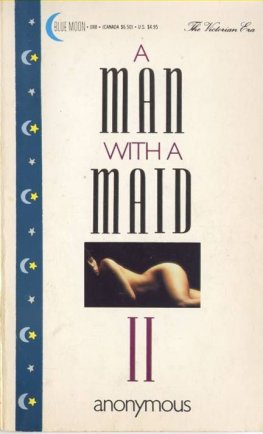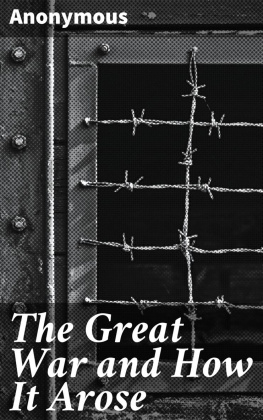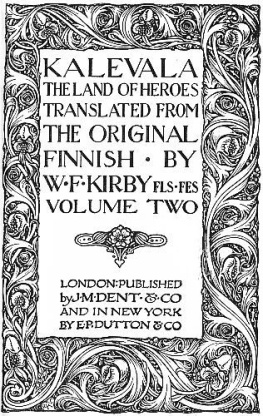Anonymous - The Great Events by Famous Historians, Volume 03
Here you can read online Anonymous - The Great Events by Famous Historians, Volume 03 full text of the book (entire story) in english for free. Download pdf and epub, get meaning, cover and reviews about this ebook. year: 2011, publisher: Project Gutenberg., genre: Art. Description of the work, (preface) as well as reviews are available. Best literature library LitArk.com created for fans of good reading and offers a wide selection of genres:
Romance novel
Science fiction
Adventure
Detective
Science
History
Home and family
Prose
Art
Politics
Computer
Non-fiction
Religion
Business
Children
Humor
Choose a favorite category and find really read worthwhile books. Enjoy immersion in the world of imagination, feel the emotions of the characters or learn something new for yourself, make an fascinating discovery.

The Great Events by Famous Historians, Volume 03: summary, description and annotation
We offer to read an annotation, description, summary or preface (depends on what the author of the book "The Great Events by Famous Historians, Volume 03" wrote himself). If you haven't found the necessary information about the book — write in the comments, we will try to find it.
The Great Events by Famous Historians, Volume 03 — read online for free the complete book (whole text) full work
Below is the text of the book, divided by pages. System saving the place of the last page read, allows you to conveniently read the book "The Great Events by Famous Historians, Volume 03" online for free, without having to search again every time where you left off. Put a bookmark, and you can go to the page where you finished reading at any time.
Font size:
Interval:
Bookmark:

| NON-SECTARIAN | NON-PARTISAN | NON-SECTIONAL |
CHARLES F. HORNE
EDWARD GIBBON- Huns Invade the Eastern Roman Empire
Attila Dictates a Treaty of Peace (A.D. 441)
EDWARD GIBBON
JOHN R. GREEN
CHARLES KNIGHT- Attila Invades Western Europe
Battle of Chlons (A.D. 451)
SIR EDWARD S. CREASY
EDWARD GIBBON
THOMAS HODGKIN
JOHN RUSKIN- Clovis Founds the Kingdom of the Franks
It Becomes Christian (A.D. 486-511)
FRANOIS P.G. GUIZOT
EDWARD GIBBON
THE VENERABLE BEDE
JOHN R. GREEN- The Hegira: Career of Mahomet
The Koran: and Mahometan Creed (A.D. 622)
WASHINGTON IRVING
SIMON OCKLEY
SIMON OCKLEY- Saracens Conquer Egypt
Destruction of the Library at Alexandria (A.D. 640)
WASHINGTON IRVING
WILLIAM C. HAZLITT- Saracens in Spain
Battle of the Guadalete (A.D. 711)
AHMED IBN MAHOMET AL-MAKKARI
SIR EDWARD S. CREASY- Founding of the Carlovingian Dynasty
Ppin the Short Usurps the Frankish Crown (A.D. 751)
FRANOIS P.G. GUIZOT
FRANOIS P.G. GUIZOT- Egbert Becomes King of the Anglo-Saxon
Heptarchy (A.D. 827)
DAVID HUME
JOHN RUDD
- A captive's wife pleads with the barbarian chief for the life of her husband, Frontispiece
Painting by R. Peacock. - Mahomet, preaching the unity of God, enters Mecca
at the head of his victorious followers,
Painting by A. Mueller.
A captive's wife pleads with the barbarian chief for the life of her husband, Frontispiece
Painting by R. Peacock.
Font size:
Interval:
Bookmark:
Similar books «The Great Events by Famous Historians, Volume 03»
Look at similar books to The Great Events by Famous Historians, Volume 03. We have selected literature similar in name and meaning in the hope of providing readers with more options to find new, interesting, not yet read works.
Discussion, reviews of the book The Great Events by Famous Historians, Volume 03 and just readers' own opinions. Leave your comments, write what you think about the work, its meaning or the main characters. Specify what exactly you liked and what you didn't like, and why you think so.










